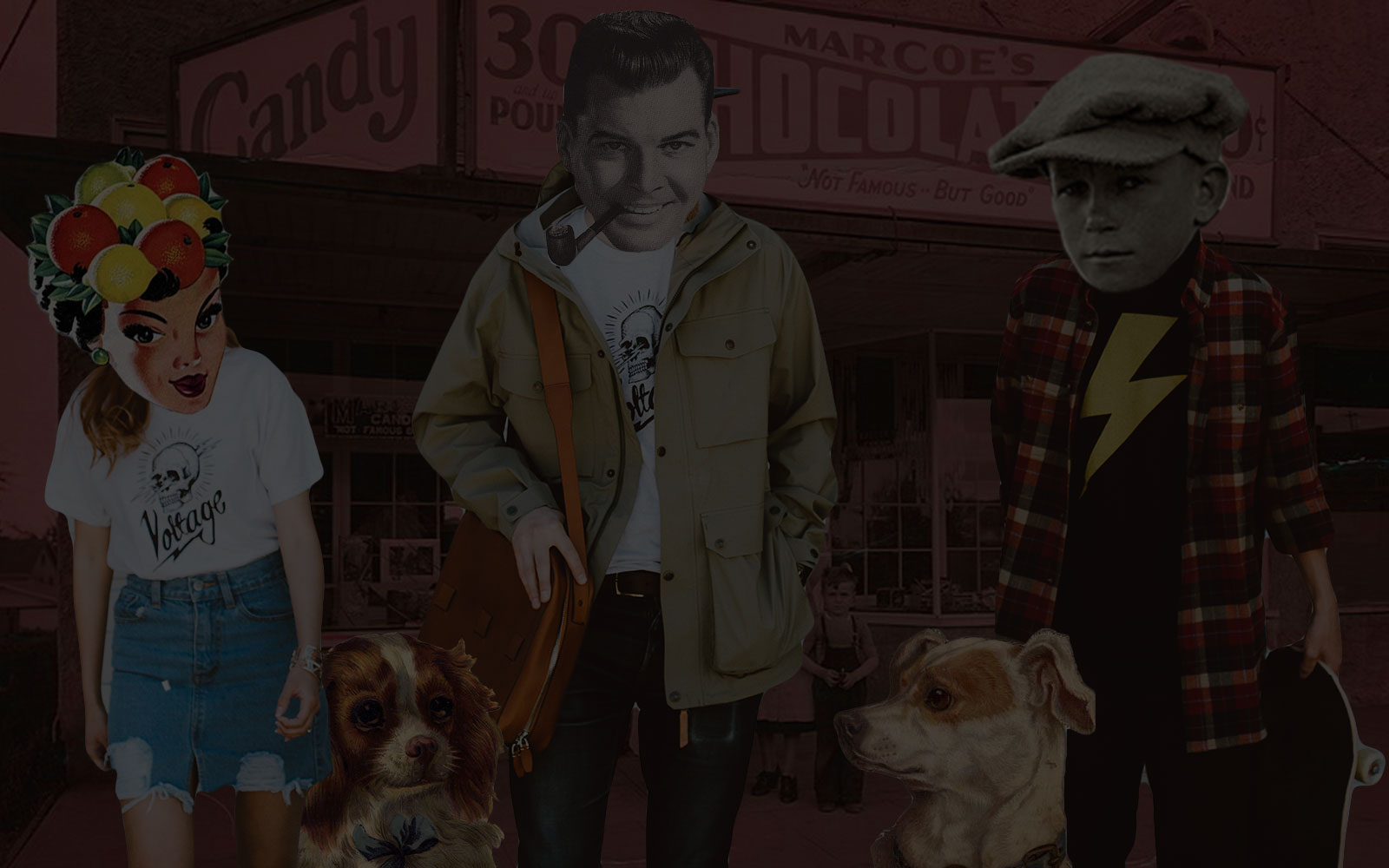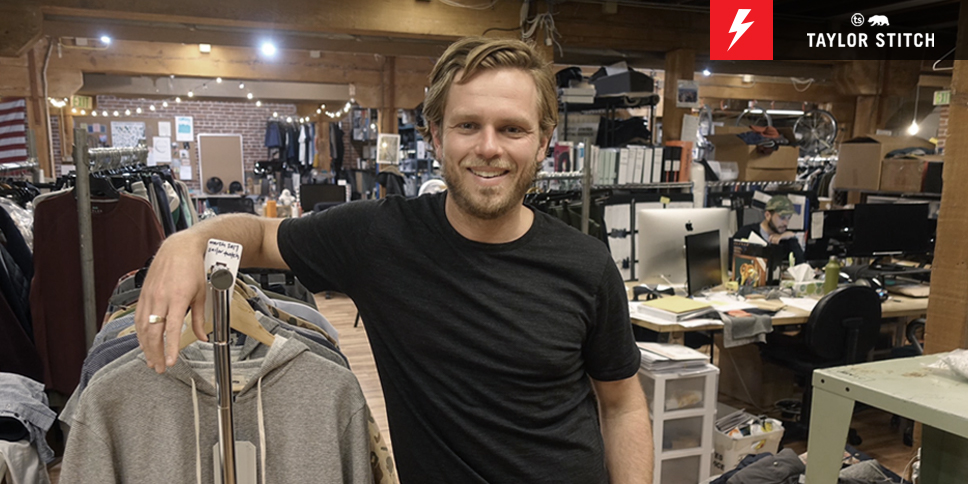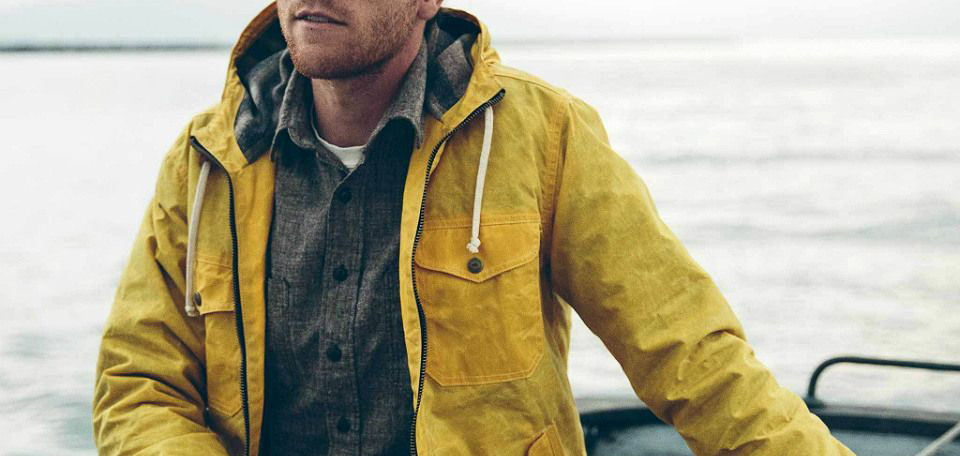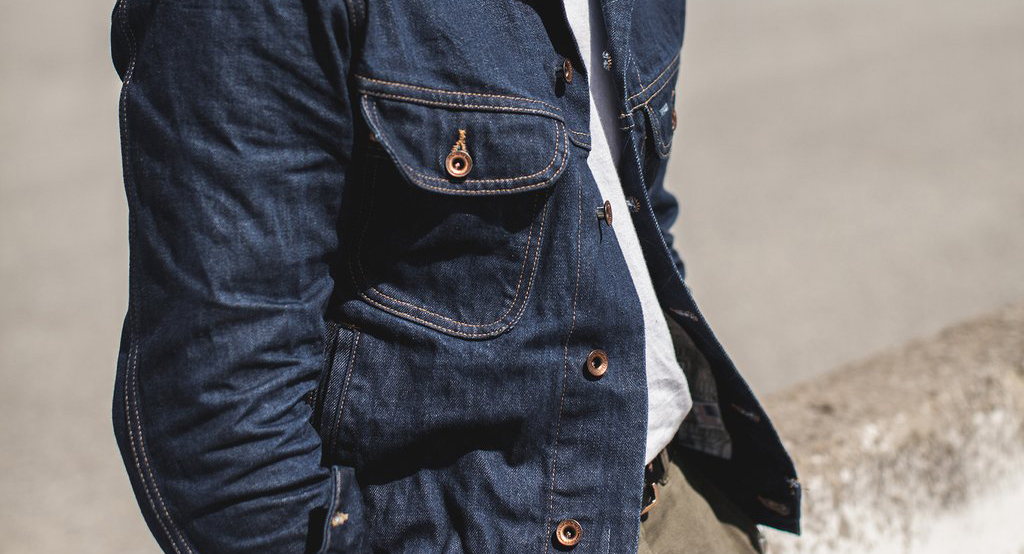
Laravel route caching for improved performance
Explore the idea of 100x faster route registration by using the route cache. How do your routes perform as your application grows?



VOLTAGE’s Eric Fowles interviews the founder of menswear brand Taylor Stitch, Mike Maher, to get his take on inspiration, entrepreneurship, and sustainability and the state of the fashion and apparel industry. Part 2 of 2.
This is the second part of Eric’s interview with Taylor Stitch founder Mike Maher. You can get caught up here.
Eric: Earlier, we talked about what inspired you to launch Taylor Stitch. I’d like to hear about what inspires you now?
Mike: Now, present day, one of the things that really inspires us is building a business that drives change. Especially in an industry that Eileen Fisher has been quoted as saying is the second most polluting industry behind oil and gas. We bring credence to what it means to build something that people care about. To people who want products that are going to last, who want to buy something good they don’t have to throw away.
I love the email you put out recently on sustainability. You explain that a lot of clothes just go into the landfill even when people donate them. Can you explain how your sustainability efforts came about?
A lot of it was that we’ve gotten bigger in the past few years. We hit this inflection point. And I said to myself, “How can we fix what is a very broken industry? How can we do our part and drive other people to do that too?”
We focus on a few things. First off, the product has to be the best. If you’re not making a great product, you are not delivering the best you can to your consumer. For example, we had trouble making fully recycled, woven shirts because in the woven shirt, the tensile strength of recycled fibers sometimes isn’t as strong. You need to be careful because if you just keep making something that comes back and falls apart, it’s not sustainable. It just becomes trash. It’s that sort of thing that’s super important for us. Top-quality products that last a long time and don’t end up in landfills but rather get better with age. That’s sustainable.
I believe business is the best source of change. I think profits mean you have money to do something good.
Next, I believe business is the best source of change. I think profits mean you have money to do something good. So for us, a small clothing company, we were beholden to what was available to us. We weren’t able to make huge runs of products. When we want to make a recycled nylon product, the suppliers want us to use a 5000 yards minimum. We can’t do that.
We know we can’t be perfect, but we can be better.
So we’re always trying to find suppliers who will make smaller runs, and that helps us be more sustainable. We know we can’t be perfect, but we can be better. I think that’s a big thing people need to learn.
So that’s part of your environmentally responsible process – keeping things out of the landfill. Do you focus on social sustainability, too?
Right. We want to make sure that the processes to make those shirts – and our other, more simple things – are environmentally responsible. But we also want to be socially responsible.
For our manufacturing, historically, we’ve done a lot in San Francisco and Los Angeles, Spain and Portugal. Recently we’ve moved a lot to Turkey. The reason for Turkey is that we had really great manufacturers who have focused on this responsible process for a long time. There’s one place called Iganaice. They made Patagonia’s first organic cotton.
There’s also a fabric mill called Iscara that makes denim. We actually just got our samples back today of our new denim. We wanted it washed down, and they figured out a water recycling program that returns the water to drinking water.
We’re always trying to create with zero impact.
Basically, we’re always trying to create with zero impact. With something like denim, because it’s water intensive, making sure that all the water it takes is being recycled back into actual clean drinking water is really important.

You guys seem to have this sweet spot with your brand and with your demographic. How did you get there? Have you always known what it was or did it develop over time?
It’s still developing. It always is. I think our customer grew up with us, so for us it was a reflection of ourselves. We are these adventurous people who love fly fishing, camping, surfing, climbing mountains and skiing down them.
So we are “urban outsiders.” And it was easy for us to be relatable. We like doing those outdoor things on the weekend, but we also have to go into the office. And what we want to do is create clothes that bridge that gap in that lifestyle. We’re not “the top of the mountain.” We’re not Arc’teryx – we’re not crazy technical, though we’ve done some technical stuff. You might see Taylor Stitch more in the lodge than at the top of the mountain.
Last question. What is the future of Taylor Stitch as you see it? In five years, what does it look like?
We’re just going to keep doing what we’re doing and grow. I think we’ve spent a lot of time focusing on building the brand. Now we need to continue to get that brand out in the world. That’s the goal.
Check out the Taylor Stitch Workshop and get early-access pricing by funding garments in pre-production.
VOLTAGE is a digital agency specializing in eCommerce, digital brand experiences, and web apps. Get emails and insights from our team:

Explore the idea of 100x faster route registration by using the route cache. How do your routes perform as your application grows?

Learn how to use Commerce Cloud Digital content slots to launch and maintain rich marketing content.